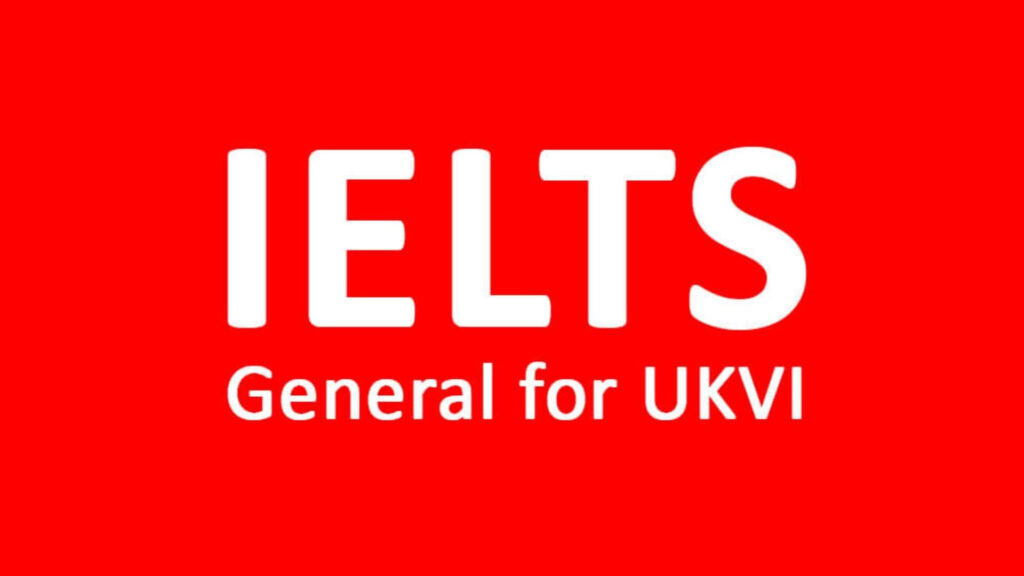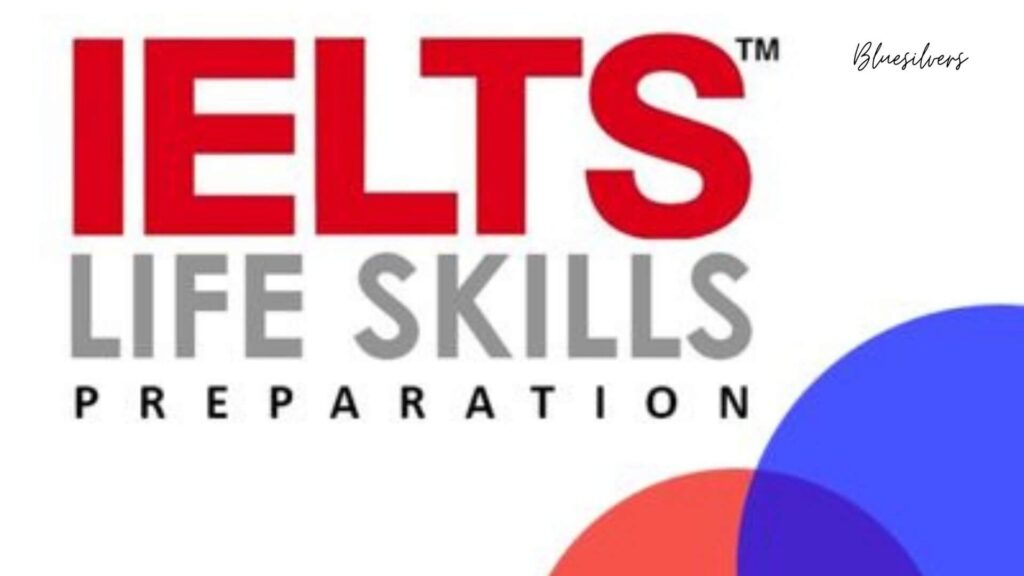IELTS Marking Guide – Task Achievement
IELTS Marking Guide-Task Achievement is one of the four scoring criteria for both IELTS Academic and General Writing tasks. It evaluates how well you fulfill the requirements of the task, including addressing all parts of the prompt, providing relevant ideas, and supporting your arguments effectively. This guide explains IELTS Marking Guide-Task Achievement in detail, its importance, and strategies to achieve a high band score.
Table of Contents
Understanding Task Achievement

IELTS Marking Guide-Task Achievement assesses how effectively a candidate:
- Addresses all parts of the question.
- Presents a clear and well-developed response.
- Uses relevant and sufficient ideas, examples, and details.
- Maintains a consistent focus on the topic.
Each task in IELTS Writing has specific expectations. Here’s how Task Achievement applies to the two writing tasks:
Task 1: Academic Writing
In this task, candidates describe visual information, such as graphs, tables, or diagrams. To score high:
- Provide a clear overview of the key trends, differences, or stages.
- Highlight significant details without simply listing data.
- Avoid personal opinions or irrelevant information.
Task 1: General Writing
This involves writing a letter (formal, semi-formal, or informal) in response to a situation. To achieve a high score:
- Address all bullet points in the prompt.
- Use the appropriate tone and style based on the letter type.
- Maintain clarity and avoid deviating from the task.
Task 2: Both Academic and General
Task 2 requires writing an essay in response to a statement or question. A high-scoring essay:
- Fully addresses all parts of the task.
- Includes relevant ideas and supports them with explanations or examples.
- Maintains a clear position throughout the essay.
Band Descriptors for Task Achievement

The official IELTS Band Descriptors outline the expectations for Task Achievement at each band level:
Band 9
- Fully addresses all aspects of the task.
- Presents a fully developed response with clear, relevant, and well-supported ideas.
- Demonstrates a clear understanding of the task requirements.
Band 8
- Covers all requirements of the task well.
- Provides a well-developed response, though minor details might be slightly less detailed.
- Ideas and examples are relevant and well-explained.
Band 7
- Addresses all parts of the task but may lack full detail or development in some areas.
- Ideas are generally clear and relevant but may occasionally lack precision or depth.
Band 6
- Addresses the task but may miss or inadequately develop some aspects.
- Ideas and examples may lack relevance or support.
Band 5 and Below
- Fails to fully address the task.
- Lacks focus, development, or relevance in ideas.
Common Challenges in Task Achievement

1. Not Addressing All Parts of the Question
For Task 1 (General), candidates often miss one of the bullet points, which reduces their score. In Task 2, failing to address all aspects of a multi-part question is a common error.
2. Irrelevant Information
Including unnecessary details or deviating from the topic can lower your score. This often happens when candidates misunderstand the task or try to overcompensate with excessive writing.
3. Insufficient Development
Ideas must be fully explained and supported. For example, a statement like “This is beneficial for society” is too vague without specific examples or explanations.
4. Word Count Issues
Writing fewer than 150 words for Task 1 or 250 words for Task 2 will lead to a penalty. Over-writing can also negatively impact focus and coherence.
Strategies for High Task Achievement

1. Analyze the Prompt Carefully
Before writing, take a moment to understand the task:
- Identify key parts of the question.
- Highlight any specific requirements or multiple parts to address.
2. Plan Your Response
Spend 2-5 minutes planning. For Task 2, create a quick outline:
- Introduction: Paraphrase the question and state your position.
- Body Paragraph 1: First main idea with explanation and example.
- Body Paragraph 2: Second main idea with explanation and example.
- Conclusion: Restate your position.
3. Be Relevant and Specific
Ensure all your ideas relate to the task. For example, in Task 1 (Academic), don’t describe every data point; instead, focus on the main trends and significant features.
4. Use Examples
In Task 2, support your ideas with specific examples. These can be hypothetical, based on your knowledge, or inspired by current events. For example:
- General claim: “Education promotes equality.”
- Supported example: “For instance, government-funded schools in Finland provide equal opportunities for all children, regardless of socioeconomic status.”
5. Use a Range of Sentence Types
Showcase variety in your sentence structures to present and support your ideas. For instance:
- Complex: “Although online education is convenient, it lacks the interpersonal interaction found in traditional classrooms.”
- Conditional: “If governments invested in renewable energy, carbon emissions could significantly decrease.”
6. Avoid Repetition
Paraphrase instead of repeating phrases from the question. For example:
- Question: “What are the advantages of living in the countryside?”
- Paraphrase: “The benefits of rural living include…”
7. Stick to the Word Count
Write between 150-200 words for Task 1 and 250-300 words for Task 2. Use concise, impactful sentences to maintain focus and avoid padding.
8. Understand the Letter Types for General Task 1
Learn the tone and structure of formal, semi-formal, and informal letters. Address all bullet points with appropriate language.
Example of Task Achievement
Task 1 (General): Formal Letter
Question:
You recently stayed at a hotel and faced problems. Write a letter to the manager.
Band 9 Response:
Dear Sir or Madam,
I am writing to express my dissatisfaction with certain aspects of my recent stay at your hotel, the Green Valley Resort.
The main issue was the air conditioning in my room, which was not functioning. Despite reporting this to reception, it was not repaired during my three-day stay. As a result, I had to endure uncomfortable temperatures, particularly during the afternoons. Additionally, the noise from nearby construction was highly disruptive, making it difficult to rest.
I suggest that you conduct regular maintenance of essential amenities such as air conditioning. Furthermore, providing soundproofing or scheduling construction work during non-peak hours could enhance guest comfort.
Thank you for addressing these concerns promptly. I hope to see improvements on my next visit.
Yours faithfully,
[Your Name]
Conclusion
Achieving a high score in Task Achievement requires a thorough understanding of the task, careful planning, and precise execution. By addressing all parts of the question, providing well-supported ideas, and maintaining a clear focus, you can meet the criteria for a Band 9. Consistent practice and feedback will help you master these skills and excel in the IELTS Writing test.
For more about IELTS Marking Guide-Task Achievement, please click





